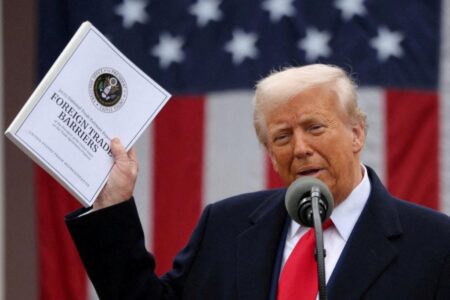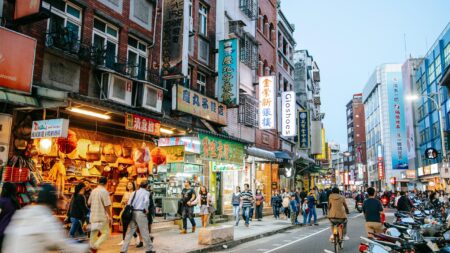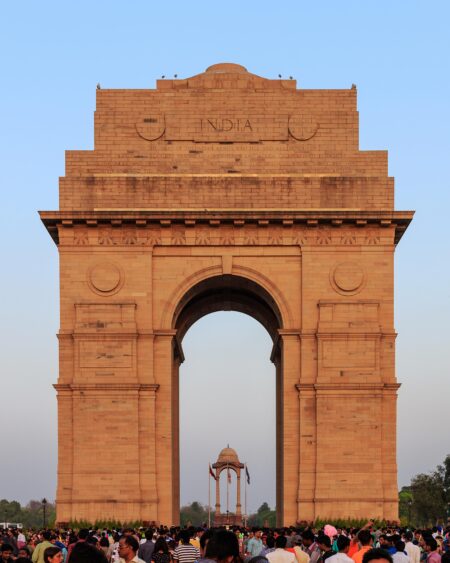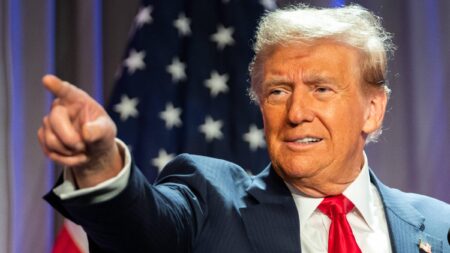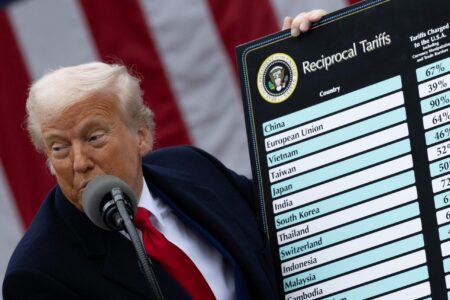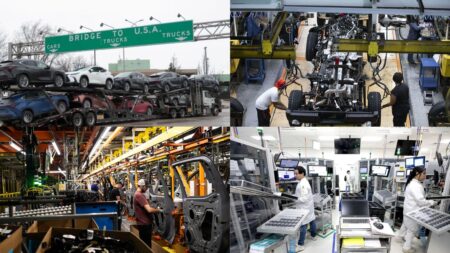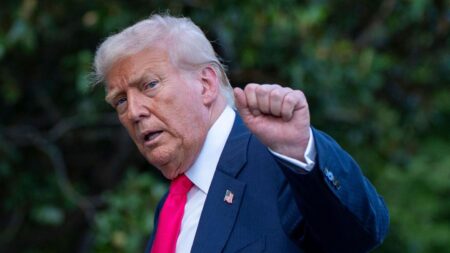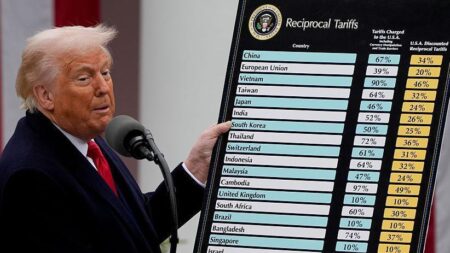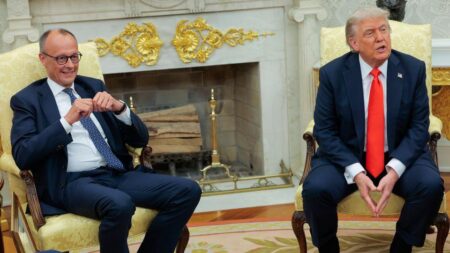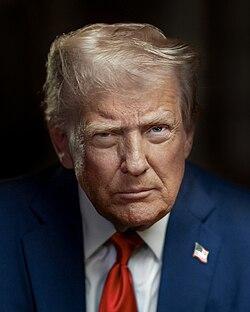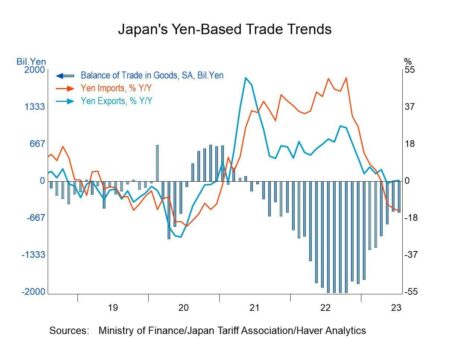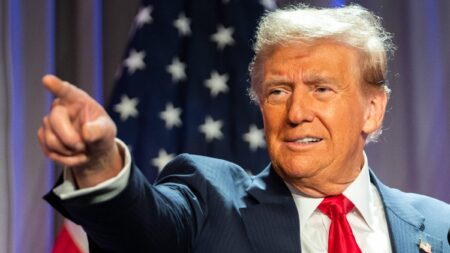Trump-era tariffs are sending shockwaves through Brazil’s citrus industry, causing export delays and squeezing growers financially. These trade barriers have crushed demand and pushed costs higher, threatening the very foundation of the region’s agriculture
Browsing: trade policy
Taiwan is gearing up to delay its US stopover amid the heated US-China trade talks, sources reveal. This move underscores rising tensions as Washington and Beijing navigate these high-stakes negotiations
India has extended duty relief on select UK imports like pastries, pet food, and cosmetics-while deliberately excluding sensitive sectors. This smart strategy aims to boost trade relations without putting domestic industries at risk, reports Deccan Herald
President Trump has announced a bold new 15% tariff on Japanese imports, linked to a groundbreaking investment deal set to turbocharge U.S. manufacturing and address trade imbalances, NBC News reports
UK Prime Minister Keir Starmer and Indian Prime Minister Narendra Modi hailed a “historic day” as they signed the UK-India trade deal, marking a landmark moment in their economic partnership and opening the door to even greater collaboration ahead
Michigan coffee shop owners are raising the alarm as Trump’s tariff threat on Brazilian coffee sends prices soaring and disrupts supply chains, putting the very survival of local businesses that rely on these essential imports at risk
U.S. automakers are raising their voices in frustration over the recent Japan trade deal, pointing out its limited benefits and persistent challenges. Industry leaders contend that the agreement falls short of boosting American vehicle exports as hoped
Brazilian President Lula fiercely condemned the US for overlooking Brazil’s proactive attempts to negotiate tariffs imposed by former President Trump. Emphasizing the critical need for renewed talks, Lula urged a bold new strategy to ease the persistent trade tensions, AP News reports
Photos of Brazilian coffee farmers capture the heart and hardship behind their daily grind, as US tariffs loom large over their livelihoods. The Daily Reflector explores the tough realities confronting Brazil’s coffee industry amid rising trade tensions and mounting economic uncertainty
Trump’s tariff threat against Brazil has unexpectedly propelled Lula’s popularity, igniting a wave of nationalist support rallying behind him. Meanwhile, Bolsonaro is on the back foot, grappling with growing criticism over his handling of trade relations amid rising economic tensions
Japan’s new trade deal, emerging amid Trump’s tariff regime, has surprisingly delighted markets, analysts reveal. This breakthrough not only cools tensions but also unlocks thrilling trade opportunities, signaling a bright and promising new chapter in U.S.-Japan economic relations
Trump’s tariffs on Brazilian imports are set to push orange juice prices higher in the U.S., an importer warns. Although intended to protect domestic producers, this trade policy could lead to sharper price hikes for consumers
Trump’s tariff threats have ignited a surge in Brazil’s President Lula’s popularity, sparking a powerful wave of nationalist pride. Meanwhile, escalating legal battles are deepening the former leader’s political and judicial struggles
An orange juice importer warns that tariffs imposed by Trump on Brazilian imports could drive U.S. prices up, potentially raising costs for consumers and disrupting the market, Bloomberg reports
In a recent statement, Japan’s Shigeru Ishiba vowed to remain actively engaged in politics, resolute in his mission to combat inflation and confront US tariffs head-on despite his election defeat. He reaffirmed his steadfast commitment to overcoming the economic challenges facing the nation
Former President Donald Trump has kicked off a bold investigation into Brazil’s trade practices, calling them “unfair.” This move zeroes in on barriers blocking U.S. exports, ramping up the trade tensions between the two nations
Brazil is intensifying its push to resolve the ongoing US tariff dispute ahead of a crucial deadline, driven by a strong commitment to protect key exports and boost trade relations, sources told Reuters
Japan’s exports plunged dramatically after new US tariffs targeted key goods, igniting concerns of a global trade slowdown. This steep drop deepens fears of an impending recession amid escalating trade tensions, Bloomberg reports
Tensions are soaring as the US and Canada clash over lumber tariffs, shaking up trade and housing markets on both sides. At the core of this heated dispute are fierce battles over pricing and supply fairness, deepening diplomatic strains between these longtime neighbors
President Trump has unleashed a bombshell threat to slap an eye-popping 35% tariff on Canadian goods-potentially doubling the fees compared to other countries-and intensifying the trade showdown between the U.S. and Canada, CNN reports

